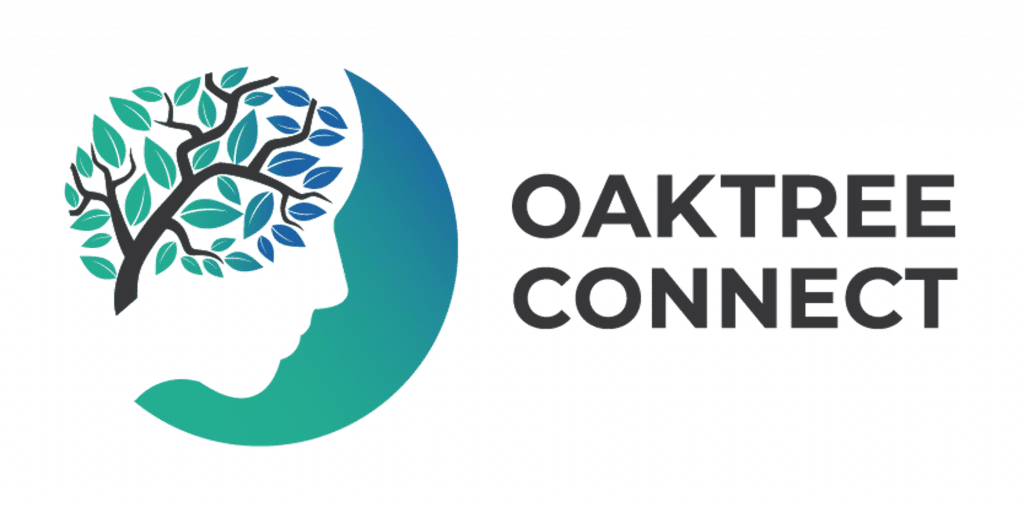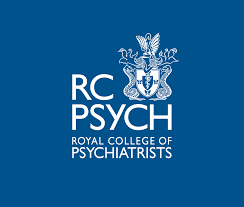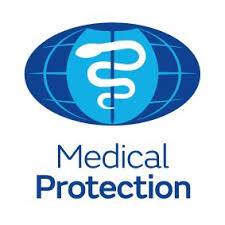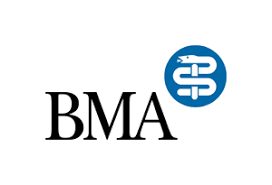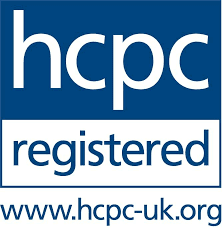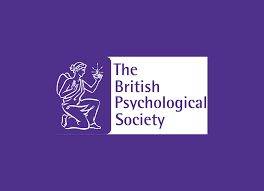Mental fitness: Brain Stimulation Therapy
I, along with my colleague, Dr Meetu Singh took the opportunity to attend a conference, with a view to further enhancing our knowledge of the latest research on rTMS (Repetitive Transcranial Magnetic Stimulation). It was a fruitful day! I am therefore taking this opportunity to write about this innovative treatment.
rTMS is one of the new and innovative brain stimulation treatments in addition to Vagus nerve stimulation (VNS), Magnetic Seizure therapy (MST) and Deep brain stimulation(DBS). Electro-convulsive treatment (ECT) is the best studied and utilised physical treatment for depression.
Brain as widely known, is an electrical organ that functions through electrical signals being passed between nerve cells. rTMS uses magnetic stimulation to activate or inhibit this electrical activity depending on the disorder. rTMS is based on Faraday’s law of electromagnetic induction i.e.- electrical activity in the brain tissue is modulated by a strong magnetic field. The rTMS machine produces brief pulses of electrical current inside a coil and this in turn generates this strong magnetic field that passes through the scalp and skull painlessly, activating the neurons in the brain. High frequency rTMS facilitate brain tissue excitability while low-frequency rTMS can suppress activity in the hyper-aroused brain, for example in anxiety disorders. Low or high frequency rTMS can be used solo or in combination, depending on the mental disorder being treated.
Unlike ECT, in which electrical stimulation is more generalized, rTMS is targeted onto a specific site of interest in the brain. Another major difference is that while ECT effects are through causing fits, rTMS causes changes by painless magnetic waves directly stimulating the tissue. It therefore does not require anaesthesia or admission into hospital. Also, this understandably improves the side-effects profile and is better received by the patients. Unwanted effects may include scalp pain, headache or burning sensation locally, none of these tend to last long. Rarely, when given in very high doses (not the currently available and approved doses) it has caused seizures. There is also no loss of memory, unlike that reported with ECT. Patients may complain of scalp pain, headache or burning sensation, which can appear during the treatment and do not last long.
First developed in 1985, it has been studied extensively for use in depression and chronic pain. In 2008, the FDA approved rTMS for use in patients who did not respond to at least one antidepressant medication in the current episode or did not want to take medication due to side effects. National Institute of Clinical Excellence (NICE), UK, approved rTMS for treatment of depression in 2015, after careful consideration of published research. It is now offered in USA, Canada, Germany, Japan, Australia and UK. rTMS has produced encouraging results in treatment of many other disorders both mental (e.g. anxiety disorders, eating disorders, PTSD) and physical (e.g. Post- stroke rehabilitation, tinnitus, migraine, chronic intractable pain) apart from depression.
Future of rTMS appears to be bright; as it gradually becomes more known amongst medical professionals as well as patients. Encouraged by the efficacy and tolerance to rTMS, Oaktree Clinic has initiated this service in September 2016. The results here since then with this form of treatment have been nothing short of phenomenal.
Disorder Related Blogs
- Anorexia Nervosa: Recognise the Quiet Killer
- Patient Talk - What Does Severe Clinical Depression Feel Like?
- Dear Mum: A Story by an Oaktree Patient with Depression
- SCHIZOPHRENIA – A Poem
- Autism: Dispelling Myths
- Mental Fitness: “I Have an Addiction”
Lifestyle Related Blogs
- Preventing Online Burnout
- Sad at Christmas? Help Is at Hand
- Burnout at Work
- Mental Fitness: How to Beat Stress
- Mental fitness: Brain Stimulation Therapy
- Mental Fitness: When Should You Stop Driving?
- Mental Fitness: “Let Us Talk About It”
- How to Combat Work-Related Stress
- Foods that make you happy
- Business Spending on Mental Health, Worth it?
- Employers Need More Awareness of Mental Health Issues
Other Blogs

